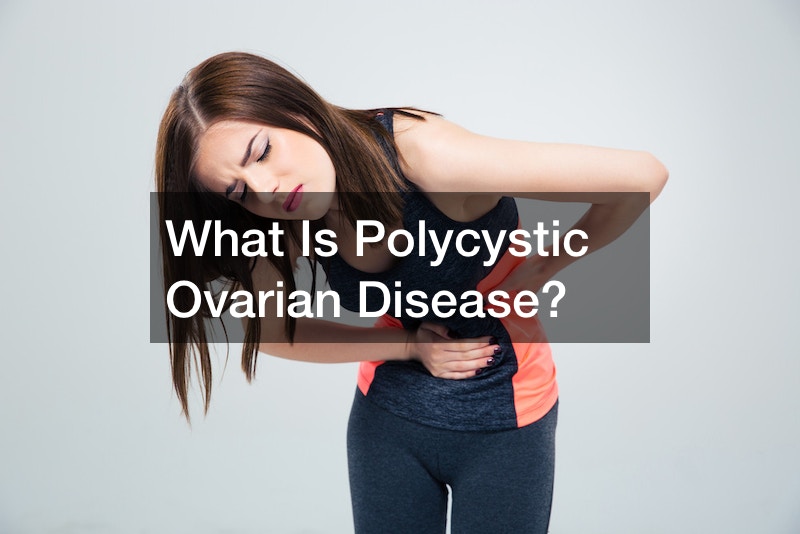
This is a condition affecting women’s hormone levels and where ovaries may develop cysts. The cause of Polycystic Ovarian Disease (Polycystic Ovary Syndrome) is not fully understood. This condition has many symptoms and patients are usually overweight or obese.
The attached video describes the condition, symptoms, and treatment.
Menstrual Irregularities
In PCOS, the abnormal release of GnRH hormone disrupts the release of the Luteinizing Hormone and Follicle Stimulating Hormone. This causes an increase in androgens and thus inhibits ovulation.
Symptoms
These include irregular periods, acne, coarse hair on the face and chest, dark skin on the neck and underarms, and depression. Diabetes, high blood pressure, cholesterol, and sleep apnea are other symptoms.
Treatment
Maintaining a healthy diet, getting regular exercise, and stopping smoking can help manage this condition. Medical treatments such as birth control pills, and medication to lower insulin levels and hair growth also help.
FAQ
A common question is whether a woman with PCOS can get pregnant. Medications can help correct ovarian dysfunction, which can lead to a successful pregnancy.
Polycystic ovarian disease can be successfully managed by adopting a healthy lifestyle, medication and ensuring there’s adequate mental health support.
.




